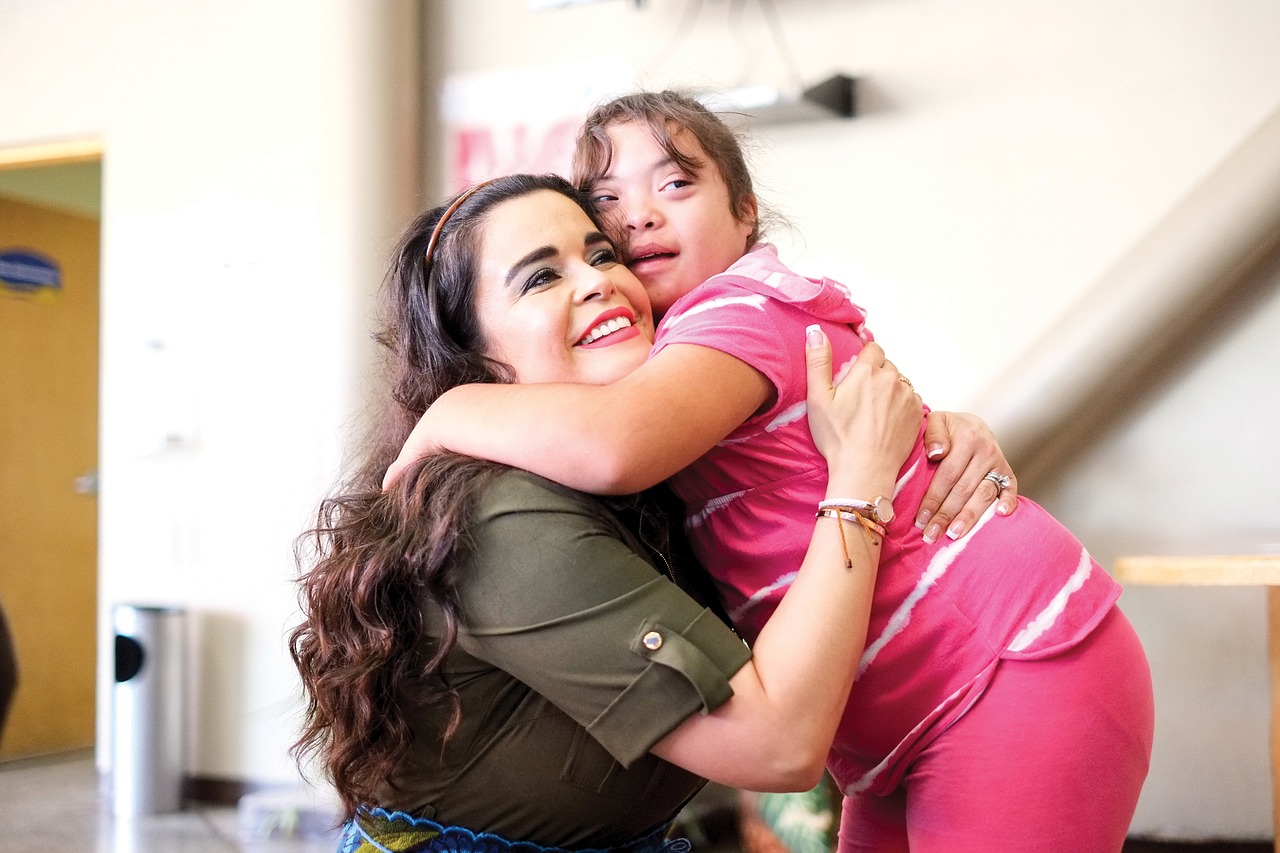By Lachmi Deb Roy
There is a famous African proverb according to which, “It takes a village to raise a child”. This applies to all kids, including special needs children. Often parents feel lonely in their journey and with a special needs kid, the stress is likely to be more. Staying in denial doesn’t help and nor does giving up. Of course, it seems easy to say it but I want to talk about ways to come out of denial.
It wasn’t easy for Pratima Tiwari when her two-year-old son was diagnosed with autism. The first signs that she noticed was there was no eye contact when she was having a conversation with him and the child had some speech issues too. But little did she know that the speech difficulty was due to autism. There are times when having a child with special needs makes you feel that you have been cheated by life. The obvious question that comes to mind is ‘Why me?’
For Pratima, her son Anant looked like any other kids of his age. But he behaved differently. How to handle the situation was the most difficult part like any other parents with special kids. Pratima says, “But at some point, you realize that your child is different and you need to accept it. It can be any disability, but how well parents handle the situation is what matters.”
Viddu Hari, another parent with a special kid came across a similar situation. She came to know that her younger son was autistic when he was around one year old. He used to be completely expressionless and used to not react to any things. Initially it was tough for her to cope with the requirements. She used pictures to communicate with him. Her elder son too cooperated a lot in the situation by being extremely caring and protective about his brother.
Denial of the fact
There are times when parents spend days, months and even years not accepting that the child has a problem. They keep pretending that everything is fine. It can be a startling change and your plans about life changes. Most parents go through depression and they start giving up on life.
Often I tell such parents that they need more attention than their special kids because they are the primary care givers. And if they fall sick or are depressed all the time who is going to take care of the kids. I make them feel that they are the chosen one and that they have it in them to take care of a child with special needs. But for that they need to take of themselves first and stop being angry with life.
Denial is not going to help. The first step of taking care of your kid with special needs is acceptance of the harsh reality and living with it in a positive way. Parents of special kids need to be realistic and they should realize that the pace of a special child will not be the same for any other growing kids of their age. They should acknowledge it and not shy away from it.
Detecting Disabilities
Understanding what ‘disability’ is, is very important. When an individual’s physical or mental condition has an impact on daily functioning i.e. impact on social interactions, self-care, communication, or movements etc., the conditions constitute as having a disability. Collaborating with parents via counselling is the most important step when working with any child. Parents are often overwhelmed themselves, so it is important, that we take time to understand how they feel about their child’s condition, their stress level, impact of the child’s condition on their personal and family life etc. This understanding is crucial to fostering a supportive environment.
In case of children with physical disabilities that are apparent, parents can see them and they find it easier to accept. These are directly seen and it is easier to convince parents. But when there are mental disabilities, parents cannot evaluate. They feel that the child is facing some issues and will be able to cope up once he or she is old enough.
Mental disabilities include sub-normality or mental retardation. Parents of children who have very gross problems find it easier to accept since they can see. But in cases, where the child appears physically normal, but his mental development is mildly hampered, parents often say that my child is smart, but teachers/school is showing a partial attitude.
Once these disabilities are seen, there are several tests to detect difficulty in reading, writing, concentrating and understanding or even socializing. ometimes when children suffer from disabilities, they become withdrawn, turn rebellious, disobedient, may lose initiative or show aggression. These problems have to be specifically tackled.
Prachi Deo, who runs a NGO, Nayi Disha Resource Centre, an online information resource platform to empower families of persons with Intellectual and Developmental Disabilities (IDD) mentioned that IDD are disorders that are usually present at birth and that significantly influence the individual’s physical, intellectual, and emotional development.” Intellectual disability is characterized by problems with both intellectual functioning or intelligence, which includes the ability to learn, reason, solve problems and other skills. They have problem in dealing with everyday social and life skills. Some of the common conditions under IDDs are Autism Spectrum Disorder, Cerebral Palsy, and Down Syndrome.
Acceptance
Coming to terms with the situation is probably the hardest time any parent will face in their life time. Parenthood itself is a very novel experience with many societal pressures. In the midst of this roller coaster to be presented with a situation that is completely alien can give rise to negative emotions. It is normal for parents to go through different stages of emotions, from denial to anger to depression before coming to terms with the new situation.
The key for parents is to get access to as much information as possible and build a supportive community of family, friends, professionals and other parents who have dealt with similar situations. The idea is to go through the cycle of acceptance as fast as possible so parents can focus on the interventions required for the child.
Focus on the strengths
The best way to deal with special kids is to focus on the strengths. The parents of a special kid, who refused to be named, said that initially they were sending him to a regular school, but the child was always differentiated and was made to sit in a separate place and we used to get complains about he disturbing the other kids. Although the family understand his needs, the attitude of people towards disabled kids is indeed a matter of concern. Not everybody understands that special kids need to be given an equal place in society among normal people.
What schools can do
Disability itself puts a child on a back foot. In some cases, the child is extremely conscious of his being different and incompetent in some way even though it is not his fault. It becomes imperative for the teacher not to complicate things further. Being sensitive and empathetic is important.
At the same time, one must not overdo things. Subtle indicators are a plenty. They should be recognized and appropriately dealt with.
This is an excerpt from the new book Are you Overparenting? published by Rupa and authored by Lachmi Deb Roy. Views of the author are personal and do not necessarily represent the website’s views.
 The author is a special correspondent with Outlook magazine. She has been a lifestyle journalist for the past fifteen years. She has worked with, and written for, leading publications such as The Hindu, The Times of India and lifestyle magazines. In 2013, she was the cultural ambassador to Mexico on behalf of Rotary International. A sepsis survivor and an autoimmune warrior, she is mother to a 14-year-old and believes in living each day to the fullest.
The author is a special correspondent with Outlook magazine. She has been a lifestyle journalist for the past fifteen years. She has worked with, and written for, leading publications such as The Hindu, The Times of India and lifestyle magazines. In 2013, she was the cultural ambassador to Mexico on behalf of Rotary International. A sepsis survivor and an autoimmune warrior, she is mother to a 14-year-old and believes in living each day to the fullest.
Thank you for reading the column. We appreciate the time you have given us. In addition, your thoughts and inputs will genuinely make a difference to us. Please drop a line and help us do better.
Regards,
The CSR Journal Team


